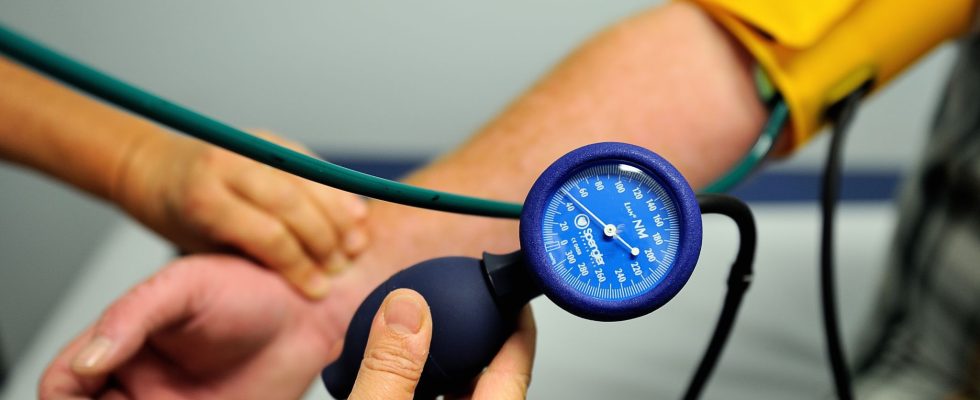This is one of the symptoms of the ever-widening French medical deserts: two-thirds of general practitioners now say they refuse patients as their general practitioner, according to a study by the Directorate of Research, Studies, Evaluation and Statistics (Drees) published this Thursday, May 25. This figure is rising sharply, since they were 53% in 2019. And for good reason: eight out of ten doctors believe that there are not enough doctors in their respective geographical areas. This is 11 points more than in 2019.
The problem does not stop at general medicine. When it comes to referring patients to specialists, the vast majority of GPs (87%) also say they have difficulty in advising a colleague capable of seeing them. The same is true for the paramedical professional service (62%) and for personal assistance services (47%). The situation should not get better, since three quarters of doctors also say they anticipate a drop in the supply of care in their territory. All these indicators are deteriorating compared to 2019.
Doctors are stepping up measures to adapt
“To practice in situations of tension between supply and demand for care, general practitioners are led to modify and adapt their organization and some of their practices”, develops the study. Among these strategies, the refusal of new patients as attending physician – as mentioned above – but also the refusal of occasional patients, that of working more hours or even the desire to shorten the duration of consultations, unfolds the DREES. For example, 44% are no longer able to follow certain patients regularly, compared to 40% in 2019.
It is the youngest doctors (under 50) who “tend to implement a greater number of measures to adapt their practices” to adapt to demographic pressure: each of them uses at least four of these accommodations.
Coercive measures soon to be voted on?
Faced with the problem of these medical deserts which are constantly spreading, the National Assembly will launch a phase of parliamentary debates on the subject in June, with the examination of a majority text on access to care. In particular, it should make it possible to simplify the exercise of “practitioners qualified outside the EU” and to oppose temporary medical work in certain establishments at the start of their career, or even expand the number of students who can sign “contracts of public service commitment” with a monthly allowance paid in return for a commitment in a medical desert.
The text should also propose more coercive measures for health professionals, such as making participation in mandatory care sessions in health establishments. A transpartisan alliance of 207 deputies is pushing for liberal doctors and dental surgeons to be able to settle “by right” in medical deserts, while they should obtain authorization from the ARS to settle in an area well provided. These coercive measures have so far been rejected by the Minister of Health, François Braun.
